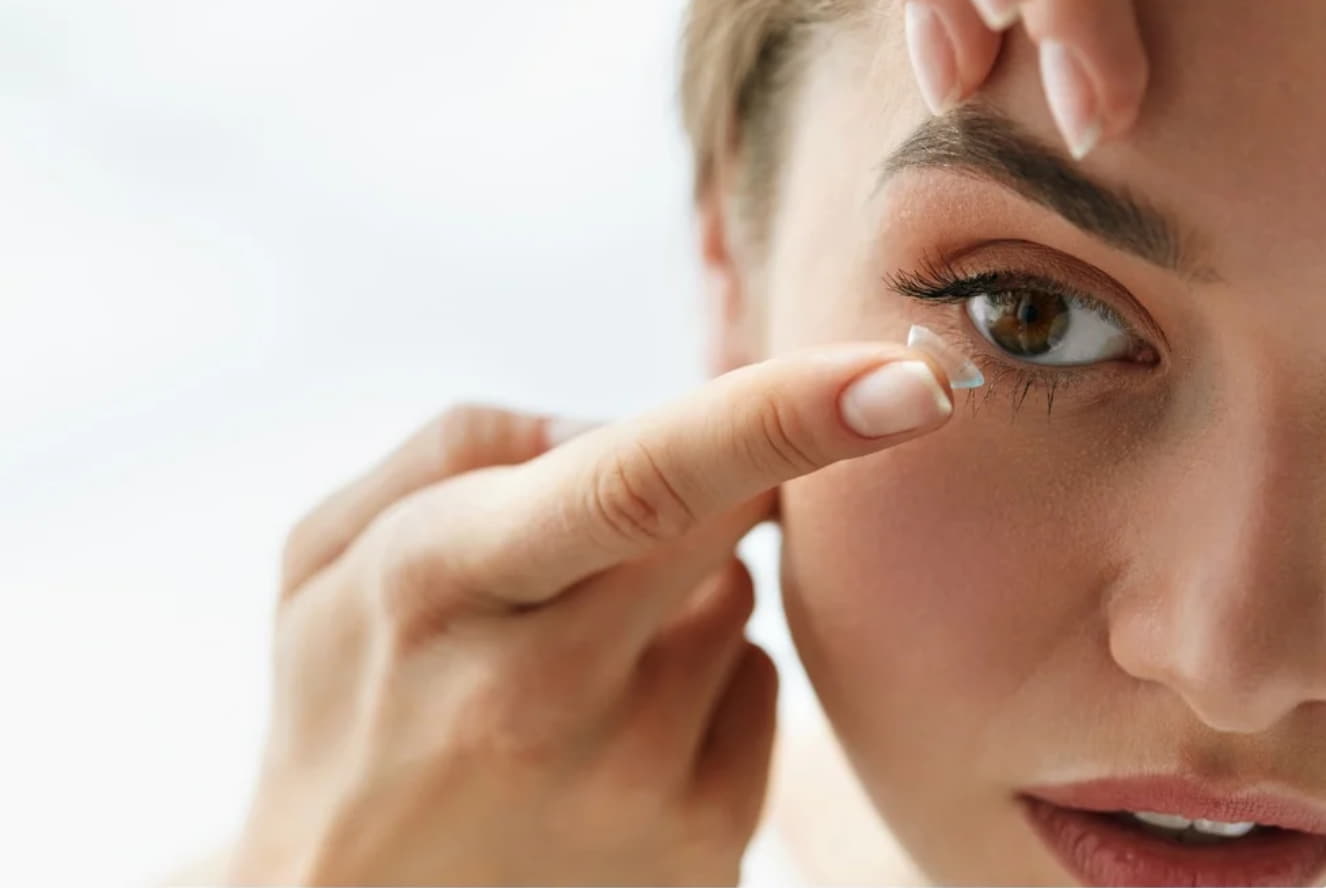The Ultimate Guide to Choosing the Right Eye Contact Lenses
Selecting the perfect pair of eye contact lenses can feel like a daunting task, especially with the myriad options available in today’s market. However, don’t let the abundance of choices overwhelm you. This comprehensive guide will help you navigate through the mazes and make an informed decision. So, without further ado, let’s delve into the five crucial factors you need to consider when choosing your lenses.
Consider Your Lifestyle
If you lead an active life or play sports, soft lenses might be ideal due to their flexibility and comfort. For those who prefer convenience, daily disposable lenses could be the answer, eliminating the need for cleaning and storage. On the other hand, if you’re comfortable with regular maintenance, durable monthly or yearly eye lenses could be a cost-effective option.
Assess Your Eye Health
Secondly, remember that not all eyes are created equal. Some individuals may have specific conditions like dry eyes, allergies, or astigmatism, affecting their choice of corrective eyewear. For example, gas-permeable lenses might be recommended for those with astigmatism, while specialty lenses made from materials that retain moisture could be beneficial for dry eyes.
Understand the Material
Soft lenses, made from hydrogel or silicone hydrogel, provide excellent comfort and are suitable for most people. On the contrary, rigid gas permeable lenses, though they require a longer adaptation period, offer sharper vision and are more durable. Understanding these differences will help you choose the right ocular device based on your comfort and visual needs.
Evaluate the Cost
Cost is an unavoidable aspect when choosing your optical aids. While initial costs for certain types like disposable lenses might seem lower, they can add up over time. Conversely, reusable lenses may have a higher upfront cost but could prove cheaper in the long run.
Seek Professional Advice
Lastly, never underestimate the importance of professional advice. An eye care specialist will assess your eyes’ health, your lifestyle, and your visual needs to recommend the most suitable lenses. They can also provide guidance on proper lens care, usage, and maintenance to ensure optimal eye health.
Conclusion:
Choosing the right eye contact lenses involves careful consideration of several factors. By paying attention to your lifestyle, assessing your eye health, understanding the different materials, evaluating the cost, and seeking professional advice, you can find the perfect pair that meets your unique needs. Remember, your vision is invaluable, so take your time, do your research, and make the right choice.





